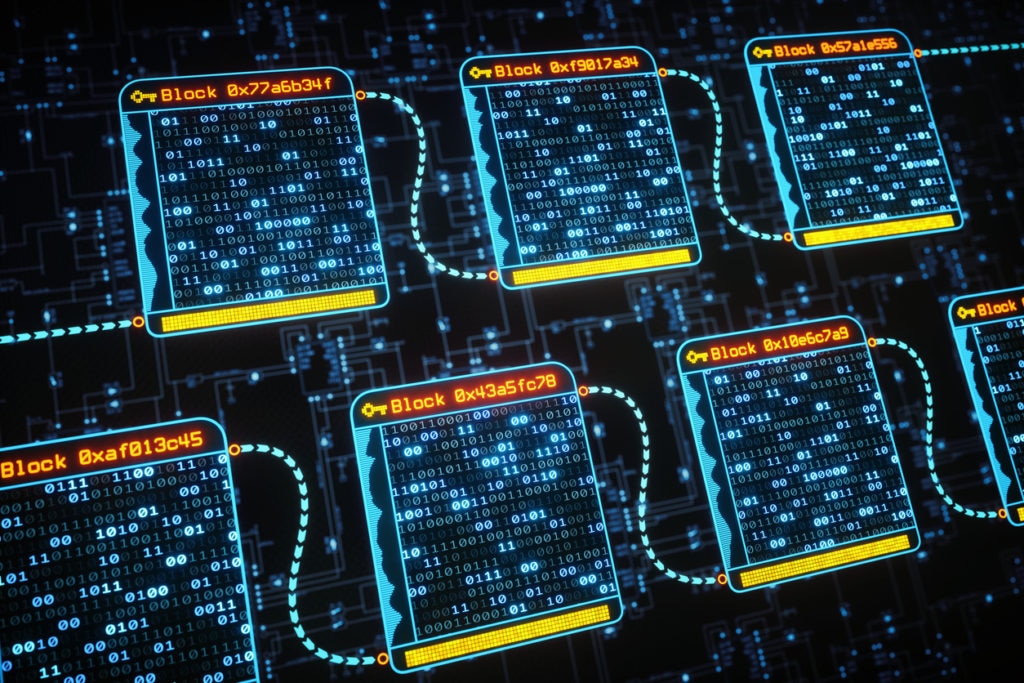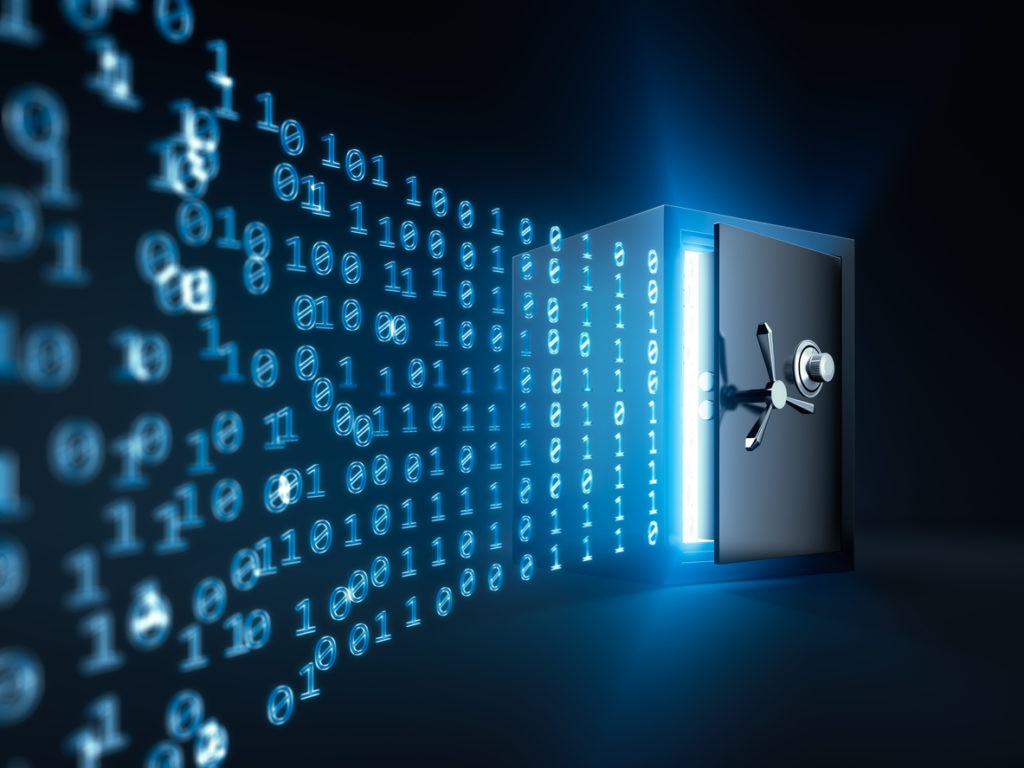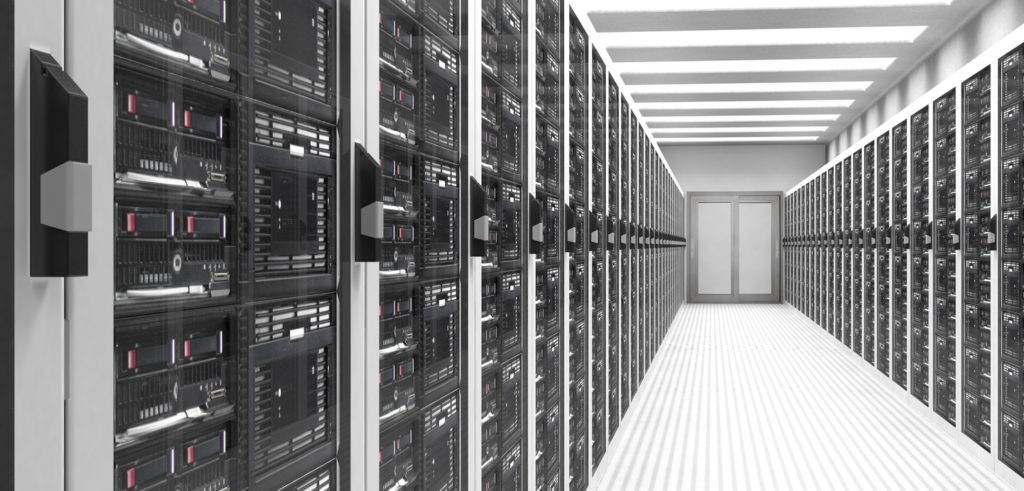A couple of years ago, I wrote about why
you don’t need a blockchain.
Blockchain is one long transaction log that always gets written to and is never backed up. It’s a ledger, more or less, with some math. And while distributed ledgers can be useful for some scenarios, I’m here today to say you still don’t need a blockchain.
The Hype
What turns a distributed ledger into a blockchain is cryptography for creating a digital signature to reduce the risk of data tampering. This may be relevant to certain use cases—lawyers, government, police, for instance, who accept the overhead of cryptography and digital signatures to make sure everything is true. But most scenarios are better off with a simple ledger.
Blockchain is the driving force behind cryptocurrencies such as Bitcoin. There are folks who will swear by Bitcoin as the solution to certain problems. If one of those problems is buying a kidney on the black market, then yeah, Bitcoin, and by extension, blockchain, are going to work great for you. But when I see, for instance, a grocery store saying they’re going to use blockchain to make sure their oranges haven’t been tampered with in the journey from tree to store, I cringe. This scenario doesn’t need crypto; it doesn’t need blockchain; it doesn’t need any of it.
I worry companies are being sold on the idea of a blockchain the same way they were sold on
data lakes,
data warehouses, and
big data, and it’s just going to be a waste of their money.
The Reality
If you believe your business needs to have this type of decentralized trust, then you should be looking at and considering some type of distributed ledger, but it doesn’t have to be blockchain. There are many different ways for you to verify and have trust.
Look at the postal service and package tracking. It’s a closed ecosystem, and the delivery company—whether it be the USPS, UPS, or FedEx—controls every access point along the way. I can guarantee these tracking systems were built before blockchain was ever a thing. And they can be as accurate as they are because they control every piece of data within a system.
This is why people turn to blockchain for decentralization of trust among third parties. And while blockchain purports to solve a lot of problems, it doesn’t solve the data entry problem. So many of our problems are data entry problems. Data can be tampered with—it can be entered with an error, whether intentional and malicious or fat-fingered.
Let’s go back to the grocery store with the oranges. At a simple level, the oranges go from the tree to a distribution center to a truck to a store. Your distributed ledger verifies everything got where it needed to be on time and at an appropriate temperature. But what happens if the truck driver wants to learn how to juggle and decides these oranges are perfect for practicing? You’ve verified everything arrived on time and at the right temperature, but you have no idea what happened in and around those oranges.
Blockchain will not solve the issue with data entry. Scenarios like the oranges are often best served by ordinary distributed ledgers.
Conclusion
You still don’t need a blockchain. A distributed ledger will do just fine.
Three major database vendors offer some sort of distributed ledger—Oracle, Microsoft, and Amazon. They can give you what you need, and since it’s cloud based, it’s distributed. With these, you don’t need to roll up your own blockchain. What you need is an API. You update some data, then move on to the next task in your day. No need to overcomplicate things.
Just say no to blockchain.





